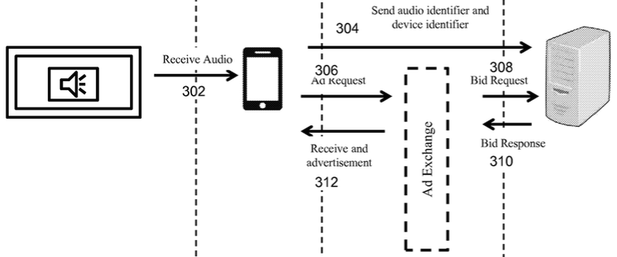Alex Tabarrok links to a story about Tesla using an over-the-air software update to help Tesla owners in hurricane-threatened areas get more range from their lower-battery capacity cars … but he says this may eventually come back and bite the company:
Tesla knows that some of its customers are willing to pay more for a Tesla than others. But Tesla can’t just ask its customers their willingness to pay and price accordingly. High willing-to-pay customers would simply lie to get a lower price. Thus, Tesla must find some characteristic of buyers that is correlated with high willingness-to-pay and charge more to customers with that characteristic. Airlines, for example, price more for the same seat if you book at the last minute on the theory that last minute buyers are probably business-people with high willingness-to-pay as opposed to vacationers who have more options and a lower willingness-to-pay. Tesla uses a slightly different strategy; it offers two versions of the same good, the low and high mileage versions, and it prices the high-mileage version considerably higher on the theory that buyers willing to pay for more mileage are also more likely to be high willingness-to-pay buyers in general. Thus, the high-mileage group pay a higher price-to-cost margin than the low-mileage group. A familiar example is software companies that offer a discounted or “student” version of the product with fewer features. Since the software firm’s costs are mostly sunk R&D costs, the firm can make money selling a low-price version so long as doing so doesn’t cannibalize its high willingness-to-pay customers–and the firm can avoid cannibalization by carefully choosing to disable the features most valuable to high willingness-to-pay customers.
The kind gesture to Tesla owners in Florida is probably deeply appreciated right now, but…
Unfortunately, I fear that Tesla may have made a marketing faux-pas. When it turns off the extra mileage boost are Tesla customers going to say “thanks for temporarily making my car better!” Or are they going to complain, “why are you making MY car worse than it has to be?”
Human nature being what it is, the smart money is betting on the “Thanks for the temporary upgrade, but what have you done for me lately?” attitude setting in quickly.




